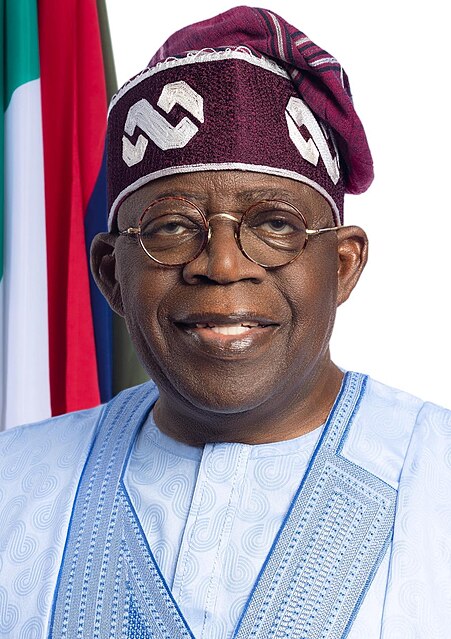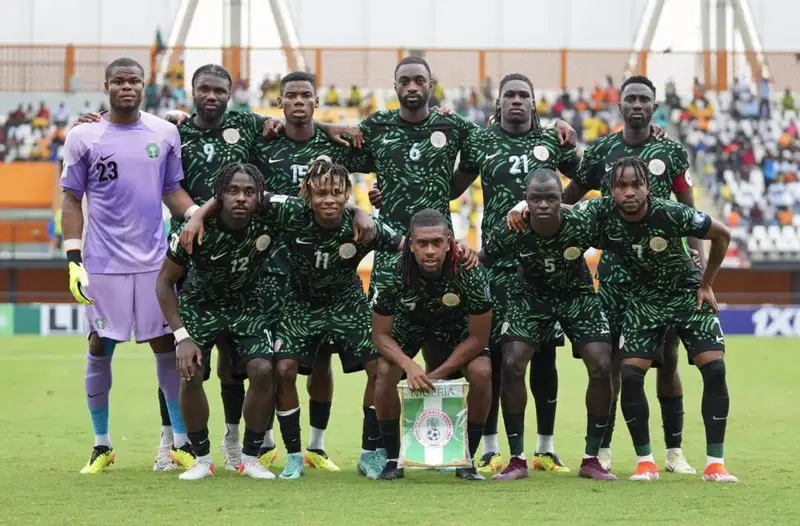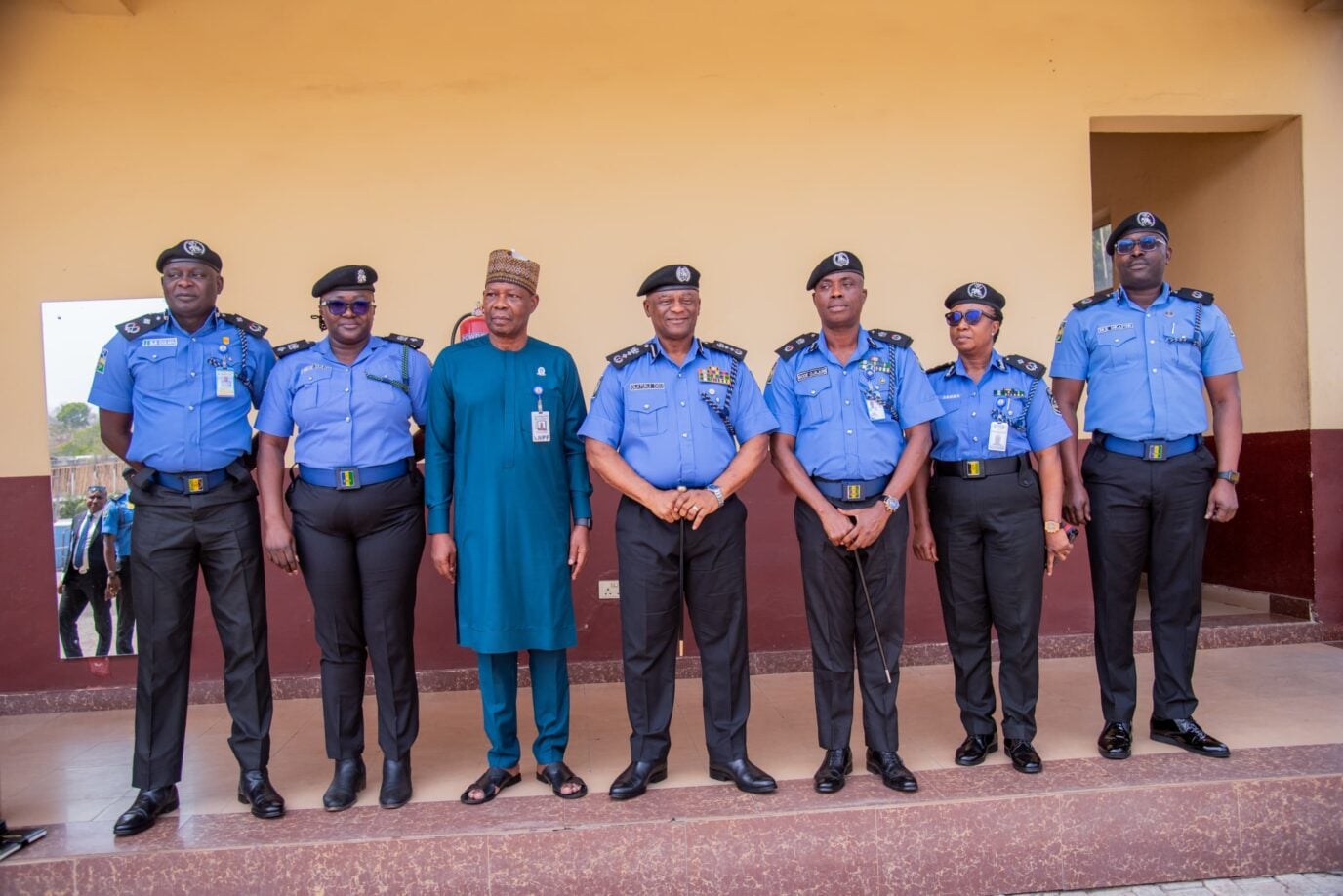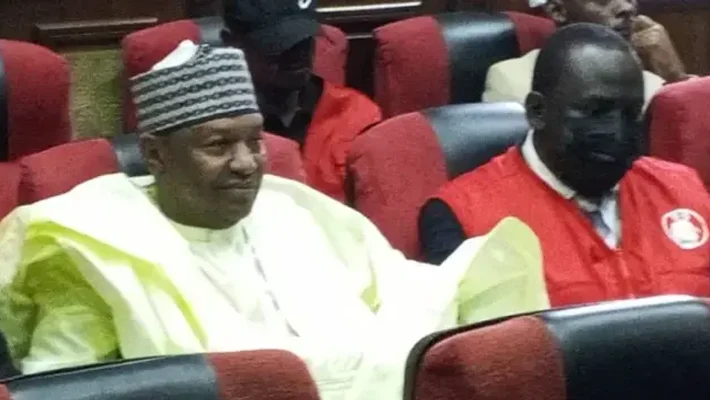Journalism / Human Right
Early voting system for journalists, security agents underway
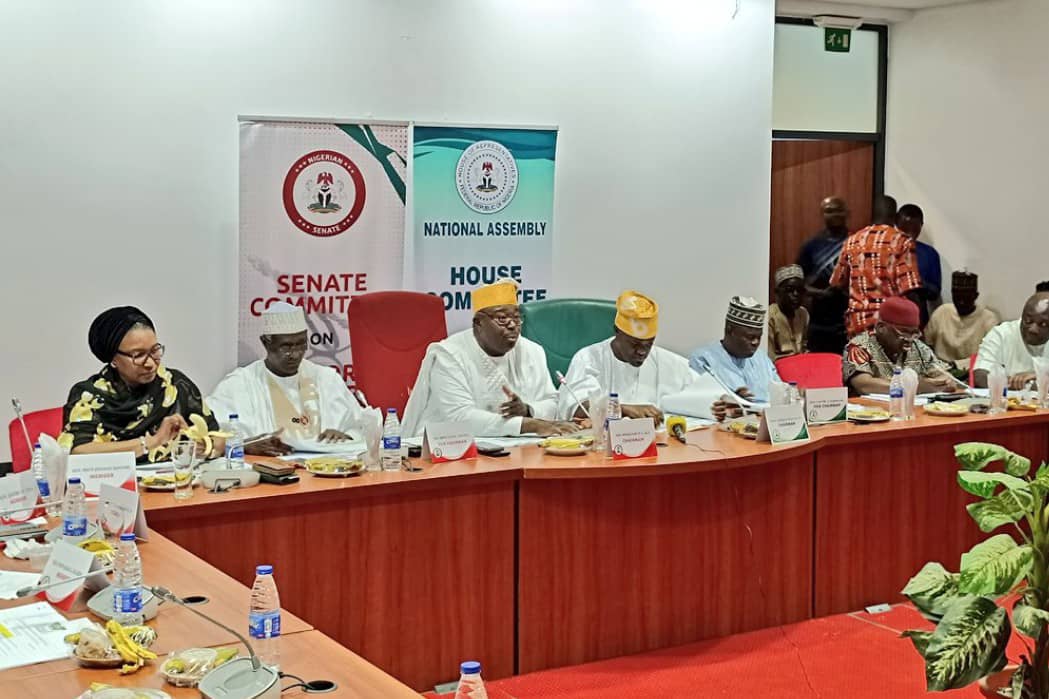
The Independent National Electoral Commission (INEC) is planning an electoral reform system allowing journalists involved in election coverage to vote on election day.
The reform involves journalists who want to cast their vote before the scheduled election day in some other countries.
The reform will also allow persons engaged in essential services, such as security agents and election officials, as well as inmates in correctional centres, to cast their votes during general elections.
The Commission is also planning an amendment to the Electoral Act to allow Nigerians in the diaspora and other designated categories of eligible Nigerians to cast their votes during elections.
These plans and many others are part of the recommendations contained in the report of the review of the conduct of the 2023 general election conducted by the commission.
The review is in line with the post-election review policy of the commission and is headed by one of the National Commissioners, Prof. Rhoda Gumus.
In addition, the Commission plans to approach the National Assembly to expedite action in passing the law that will unbundle the commission by creating an Electoral Offences Commission/Tribunal and a political party registration and regulatory commission.
The report contained 75 consolidated observations made by stakeholders, including leaders of political parties, civil society organisations, the media, security agencies, and officials of the commission.
Some of the observations include interference in the electoral process by the political class, the attitude of polling agents and election observers at polling units, sustaining the deployment of technology for election purposes, low turnout during claims and objections before certification of the voter register, and increased involvement of the political class in political violence, among others.
It said, “About 142 actionable recommendations were harvested.” 86 required action solely by INEC, 44 by INEC in collaboration with other entities, 3 by the security agencies, 8 by the National Assembly, and 1 by both the federal and state governments.”.
The report said INEC should collaborate with the National Identity Management Commission and the National Population Commission as well as other agencies of government to identify deceased persons in the voter register and remove them, while also deploying relevant technologies and reviewing administrative procedures and protocols for the removal of deceased persons from the voter register.
While the commission should continue to work with the political parties for greater participation of under-represented groups in elective positions, it said the only way to achieve this was for the National Assembly to make clear legal provisions that may create designated constituencies for such groups, especially women and persons with disabilities.
The report also asked the National Assembly to expedite action in passing the law that will create an Electoral Offences Commission that will take the burden of investigating and prosecuting electoral offenders.
Concerned about the activities of political parties in delaying preparation for elections, the report recommends an amendment to the Electoral Act 2022 to make clear provisions for the period for withdrawal and substitution of candidates such that no party can substitute its candidate two weeks after the publication of the final list of candidates except in the event of death.
Also, the report wants an amendment to the electoral legal framework to address ambiguities and errors in sections of the law, especially those that tend to conflict with each other while clarifying Section 65, which speaks to the Commission’s powers to review results.
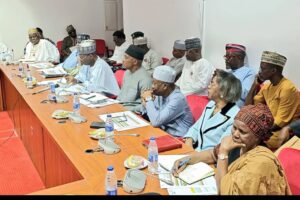
It also wants the law to create a more stable funding regime in line with Section 3(1) of the Electoral Act and the replacement of permanent voter cards with temporary voter cards and e-cards to allow for more access to voting by Nigerians.
In the alternative, the report said there is a need to review the provisions of Section 47(1) of the Electoral Act 2022 to modify the requirement for the use of PVC and introduce electronically downloadable voter cards.
Tony Akowe
-
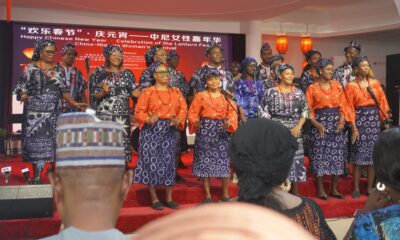
 News1 day ago
News1 day agoChina-Nigeria Women’s Carnival strengthens cultural ties at Lantern Festival in Abuja
-

 News1 day ago
News1 day agoPENGASSAN members protest at Shell office over unresolved CBA issues
-

 News2 days ago
News2 days agoDSS nabs suspect over attack on Peter Obi in Edo
-

 FCT News2 days ago
FCT News2 days ago2025 tax returns: FCT residents must file by March 31 — IRS
-

 News9 hours ago
News9 hours agoMan murders brother for allegedly ‘shooting him’ in a dream
-

 News2 days ago
News2 days agoNo wiretapping equipment found In El-Rufai’s home — Family insists
-

 NUJ FCT22 hours ago
NUJ FCT22 hours agoNUJ FCT Chairman Grace Ike congratulates Publisher Phenomenal People Magazine Evelyn Onyilo on her Birthday
-

 World News2 days ago
World News2 days agoUS issues global alert urging Americans to stay vigilant after Iran strikes

